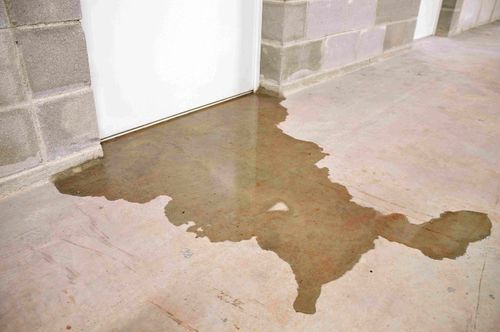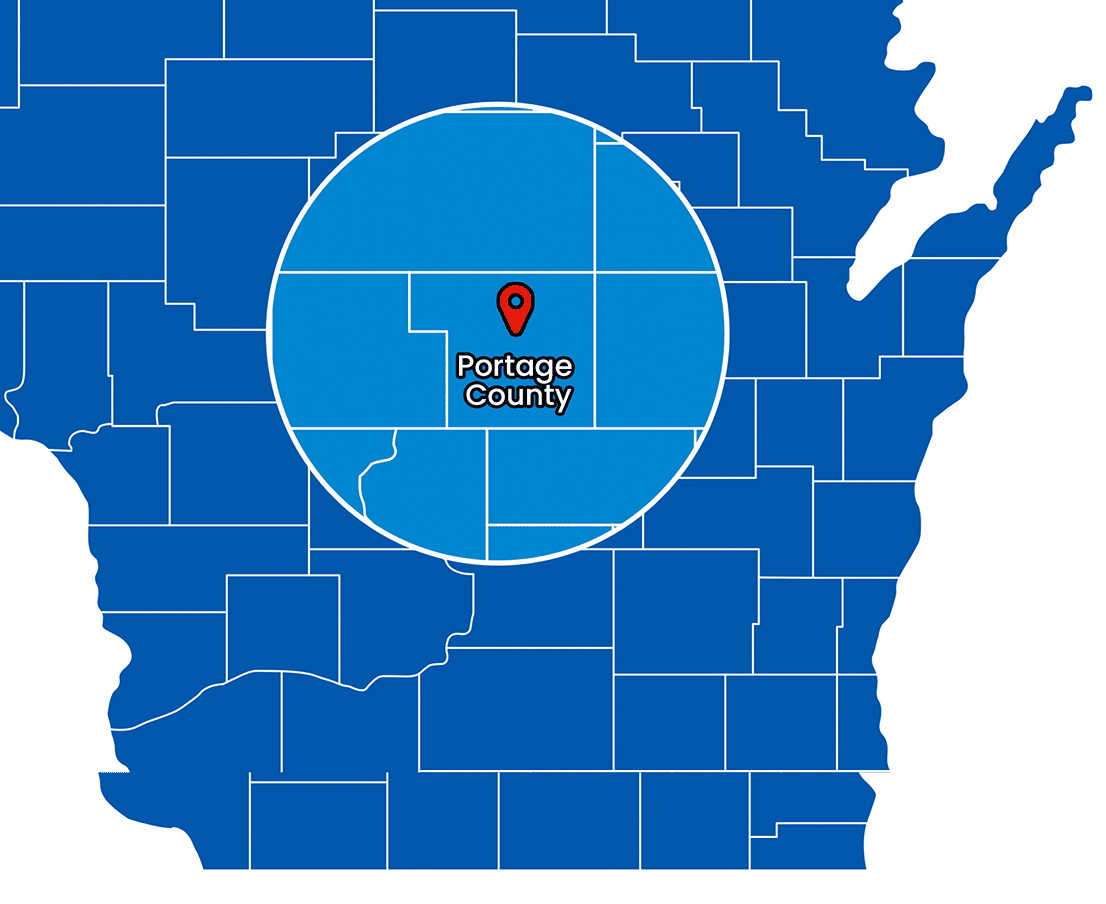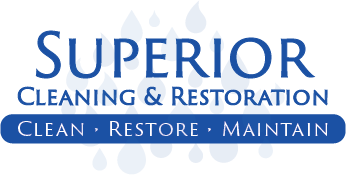
Unfortunately, there are multiple ways that a building can be susceptible to water damage. Extreme weather in Wisconsin, such as floods and tornadoes, is not uncommon. And if a property is not prepared for it, water infiltration can cause a serious problem.
Likewise, a home has multiple areas that are connected to a water supply system, with bathrooms, kitchens and laundry rooms often the most common scenes of leaks, burst pipes or clogs.
In the event of a water-related emergency, such as a flood, it's therefore important to know what to do.
The insurance claims process is a vital step. But it’s often complicated and can be a minefield for the inexperienced. Here are some guidelines for owners of water-damaged properties to follow.
1) Review all policies
Naturally, all insurance policies are different. Therefore, take time to review the policy covering the property and understand what may or may not be covered, such as floods, sewer or drain backup, mold remediation, restoration of water-damaged personal belongings and/or temporary living expenses.
That said, one general rule of thumb is that insurance tends to cover water damage that has happened suddenly or is considered accidental. What’s more, most policies won't cover the root cause of the damage, like plumbing repairs or a new washing machine.
Therefore, as an example, if a home is subjected to sudden or unexpected water damage resulting from a burst pipe, a leaky hot water heater, a broken appliance or an overflowing bathtub or toilet, a homeowners' insurance policy would likely only assist in covering the cost of repairing or replacing the damaged areas, such as ceilings and floors.
However, if the water damage was caused by negligence or a lack of adequate maintenance, then the cost of repairs would likely fall entirely on the property owner.
Knowing this information ahead of time can help property owners understand how to best consult with their insurance agent.
2) Contact the insurance company ASAP
Of course, when a property is filled with standing water, the temptation is to try to remove the water and salvage belongings as quickly as possible. However, this could be to a property owner’s detriment.
In such circumstances, it’s always advisable to contact the insurance company immediately to avoid jeopardizing any claim and having to pay for repairs out of pocket.
Only once this has occurred is it generally acceptable to take precautionary measures to prevent further damage, including turning off the water supply and removing any undamaged valuables. These are considered emergency repairs and shouldn’t impact the insurance claim.
3) Document all damage
With all insurance claims, detail is always key - the more, the better!
When starting the mitigation process, document all damaged property by taking pictures and/or videos.
Creating a detailed inventory of all damaged items is important, too. This inventory should include the make, model, age and condition of each item, as well as any relevant cash value to ensure proper reimbursement.
This documentation will provide indisputable evidence of potential insurance claims.
4) Be thorough when filing an insurance claim
When working with an insurance company, be sure to maintain a thorough record of all conversations, including the date, time and representative's name. It's also important to keep copies of all documents sent and received from the insurance company.
To file an official claim for water damage, the claimant must gather all evidence, take inventory of damaged belongings and prepare a written notice.
After filing the water damage claim, the insurance company will contact the claimant and explain the process, including their responsibilities and policy terms. In most states, the claim must be investigated within 15 days of the written notice.
Once the insurance company has gathered all the required information and reviewed it, the claimant will receive notification of whether the claim has been accepted or rejected.
If the claim is accepted, the payment is typically received within five business days. However, if the claim is rejected, a written explanation must be provided.
5) Let a trusted water damage contractor handle everything
As we’ve seen, processing an insurance claim for water damage is quite complex. And with something as potentially costly as water damage restoration, home and business owners want to make sure they get exactly what they’re entitled to from their insurance company.
So, in order to avoid the pitfalls and the stress of dealing with insurers, one of the best ways is to hire a water damage contractor.
Not only do they have the expertise to restore the damage as quickly as possible, but they also have the industry know-how to give insurance claims the biggest chance of success.
How Superior Cleaning & Restoration can help
At Superior Cleaning & Restoration, we work directly with insurers and, having overseen hundreds of successful claims, know exactly what steps to follow in the aftermath of a water emergency.
We can work on the client’s behalf to ascertain coverage, collect the necessary evidence and submit the relevant documentation promptly to minimize disruption.
To
find out more about how we work with insurers, give us a call at (715) 768-6030.
More To Explore



Superior Cleaning & Restoration Service Areas
Get A Free Estimate
Do you have questions, need more information, or a would you like a worry-free, no obligation estimate? Fill out this bit of information and we'll contact you asap!
Need Help With Cleaning & Restoration?
GET A FREE QUOTE TODAY
We are IICRC certified and hire only the most trustworthy and dedicated team members to ensure that each job is taken seriously and handled with absolute professionalism.
All Rights Reserved | Superior Cleaning & Restoration

